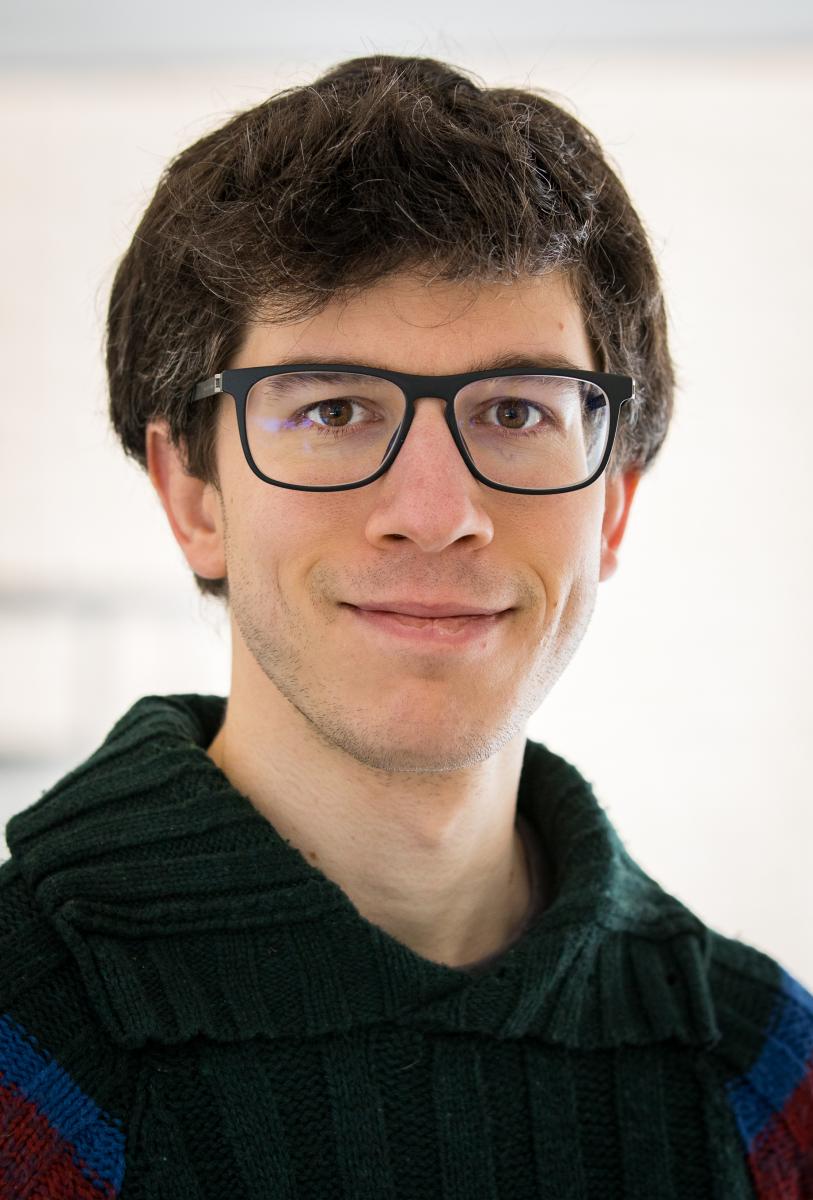Ricard Alert Zenón
Princeton University
Seminar Information

Active fluids display striking collective phenomena not possible in passive fluids. Examples include spontaneous flows powered by microscopic constituents, and phase separation in the absence of attractive interactions. In this talk, I will discuss three aspects of the physics of active fluids, connected with experiments in both biological and artificial soft matter systems. First, I will show that dense colonies of the soil bacterium Myxococcus xanthus form active liquid crystals. I will show that topological defects of the cell alignment field induce flows that lead to the formation of new cell layers, triggering the development of multicellular structures called fruiting bodies. Second, I will discuss chaotic flows in active fluids at low Reynolds numbers. I will show that, as in classic turbulence, the statistical properties of these active flows are described by universal scaling laws. Unlike classic turbulence, however, this type of active turbulence requires no energy transfer across scales. Finally, I will present a new mechanism of liquid-gas phase separation in active fluids. I will show that self-propelled colloids experience torques that reorient them toward high-density regions, providing a novel route to phase separation.
Prof. Ricard Alert is a theoretical physicist working on the physics of active and living matter. He did my undergraduate and Ph.D. in Physics at the University of Barcelona, where he started working on soft matter and statistical physics. Then, he went into biophysics, working on problems ranging from the subcellular scale, such as the dynamics of cytoskeletal networks and the formation of cellular blebs, to the multicellular scale, such as collective cell migration in epithelial tissues. For the past three years, Dr. Alert Zenón has been an HFSP postdoctoral fellow at the Princeton Center for Theoretical Science, where he became interested in collective behaviors in bacterial colonies.
